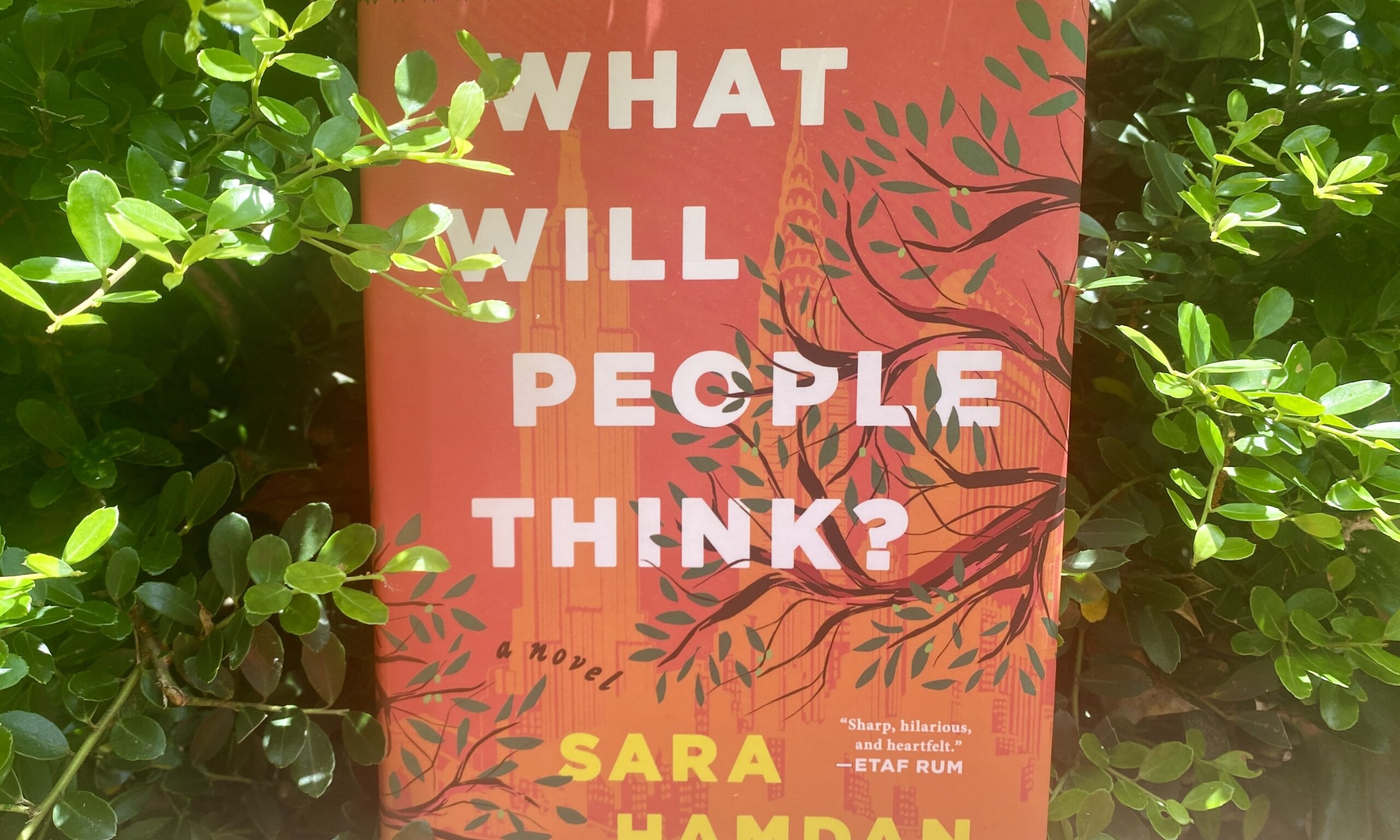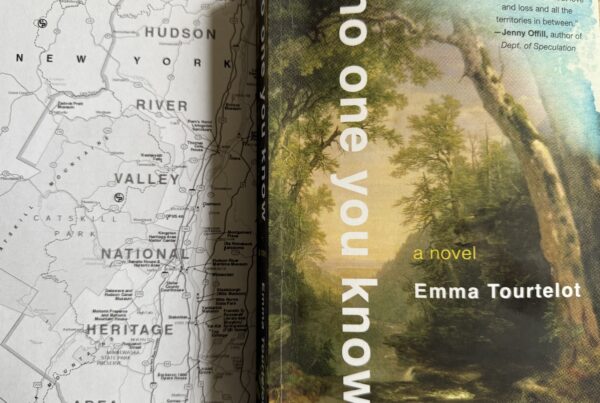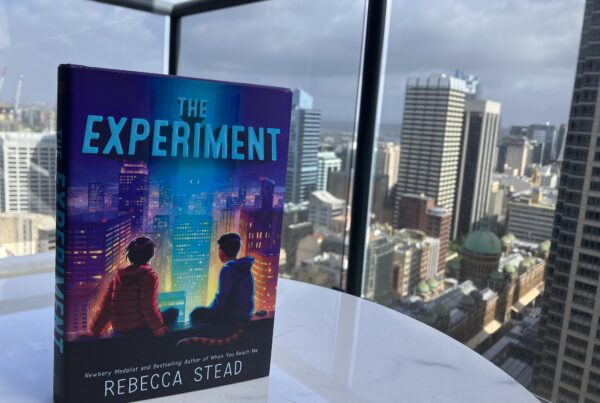The recipe for a touching coming-of-age novel is simple. Take one hopeful Gen Z or millennial, stir in work, romance, and family crisis, then bake until adulthood forms, with its sobering mix of compromises. In addition to being great reads, books like these always bring me back to that heady time in my own life, absent the pain and with increased forgiveness for my youthful missteps.
Lately, however, I want to read about young women whose developmental crises are beyond the scope of my westernized upbringing. Fiona and Jane and Catalina are recent efforts that reveal the unique challenges, respectively, for Taiwanese Los Angelenos and an undocumented Ecuadorian at Harvard. Another charming debut novel joining their ranks is What Will People Say? by Sarah Hamdan, about Mia Almas, a Muslim comedian floundering between her very American dreams and her duty to the grandparents who raised her.
As in Catalina, worried and devoted grandparents play a key role, yet Hamdan adds texture by giving Teta, Mia’s Palestinian grandmother, her own dramatic story, shared with us in the form of journal entries written to preserve a past filled with the threat of war, forbidden love, and the joys and limitations that great beauty can bring. At times, I found Teta’s high-stakes drama in 1947 Palestine almost overshadowing Mia’s current quandaries, but a strong subplot is a good problem for any author to have. The central story focuses on Mia’s desire to be the perfect Muslim granddaughter while crushing on her sexy Jewish Ethiopian boss and trying to get noticed at comedy clubs. Comedy is another way for her to honor family: humor bonded Mia and her father, a security guard killed in the 9/11 attacks.
When Mia is heckled by a racist at a club, she breaks free from the safe routine she’s created and comes up with fresh, funnier, edgier material. This catches the interest of her colleagues who stumble upon her show. Without Mia’s consent, her best friend Katie publishes an article centering Mia’s clever defense of Arab culture, and a firestorm ensues.
Hamdan cleverly weaves together the journey of Teta’s long ago, life-changing rebellion with Mia’s own search for independence, once again proving that the past is merely prologue. The central charm of What Will People Say? is how Hamdan resists our expectations. Too often, in stories like these, we read about completely out-of-touch grandparents and a bold young woman whose freedom springs from rejecting all their ways. Yet every character in this story operates from an abundance of love and compassion, making the conflicts between them both realistic and understandable.
What Will People Say? is a sweet ode to family, friends and romantic love, political only in the fact that reading a novel that centers a young Palestinian American woman can’t help but feel political right now. The novel speaks to this burden when Mia’s friend Phaedra shares her dismay at being seen as a walking political statement. In reality, she reminds her friend that they had grown up “third-generation, third-culture kids whose lives were an evolving identity crisis.”
Hamdan herself is a true product of international development: an Arab-American of Palestinian descent raised in Greece, educated in the U.S., living for decades now in Dubai. Her novel– filled with immigrants, transients, and native New Yorkers, all bound together far more by the values they share than how their passports are stamped–reflects that diversity. I hope other readers will find in What Will People Think? the same healing message I did, the one that all good coming-of-age novels offer up: the way forward is always a mix of accepting the past and barreling towards a future that is yours to create, laughter and tears included.




